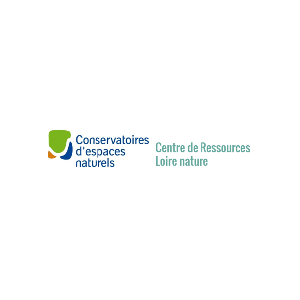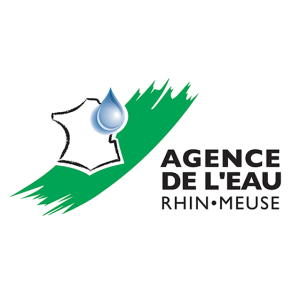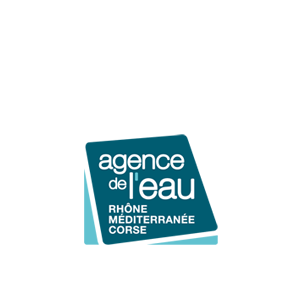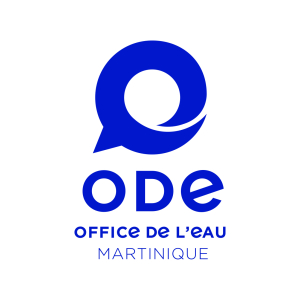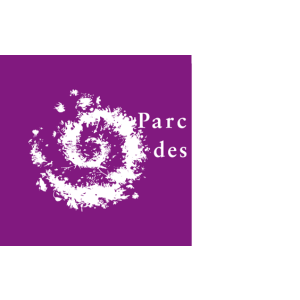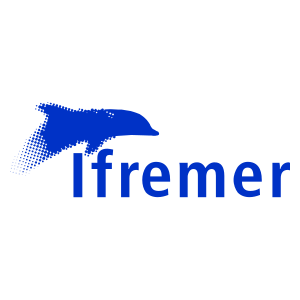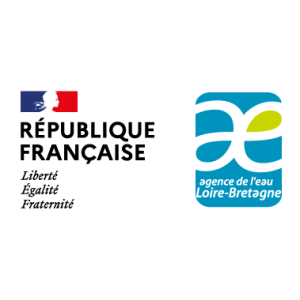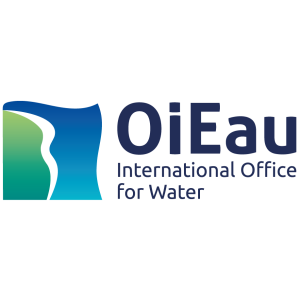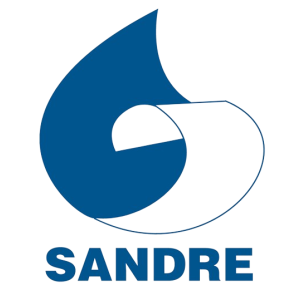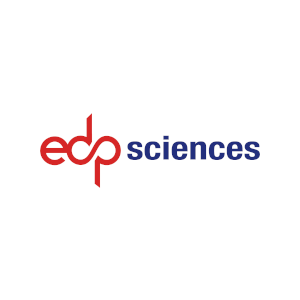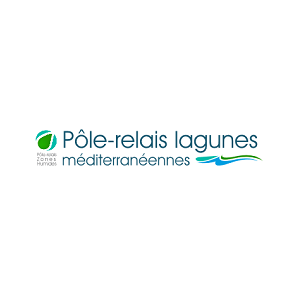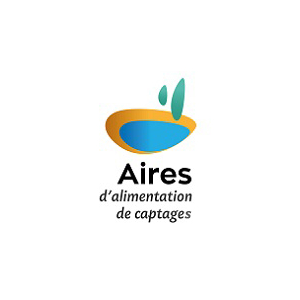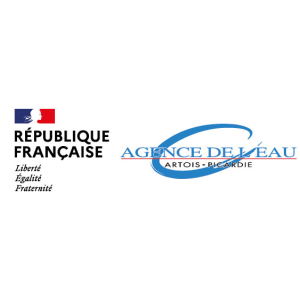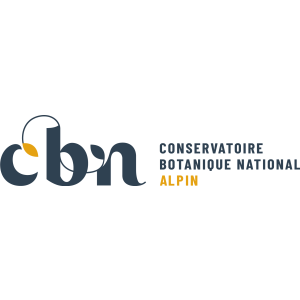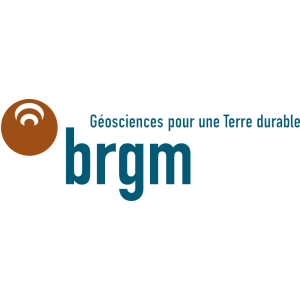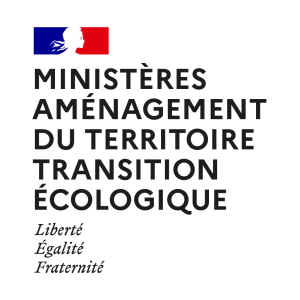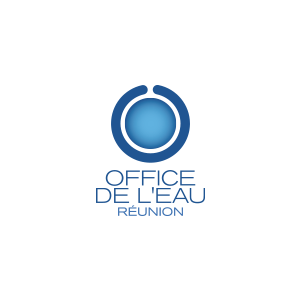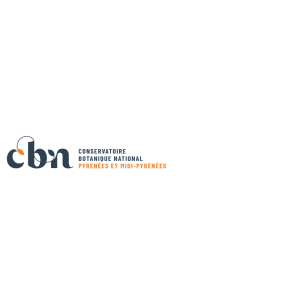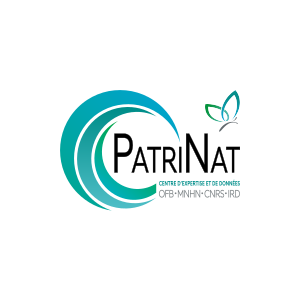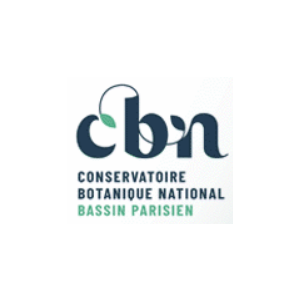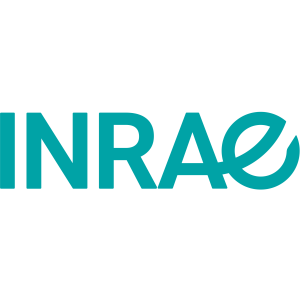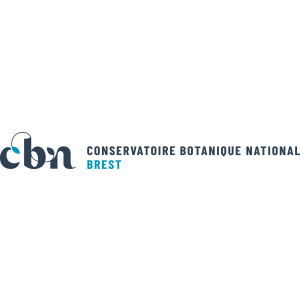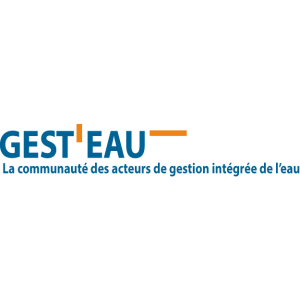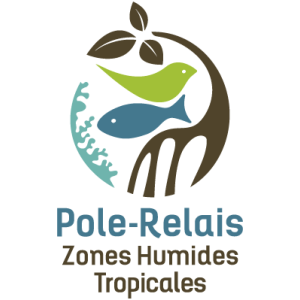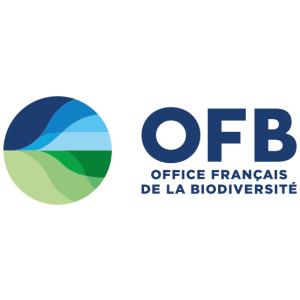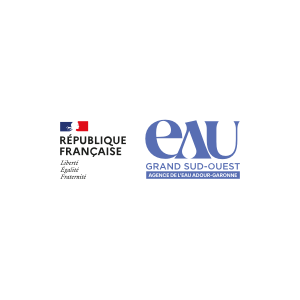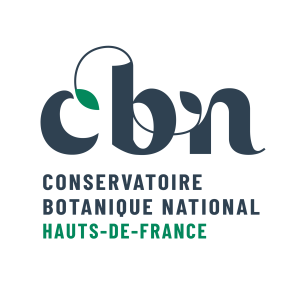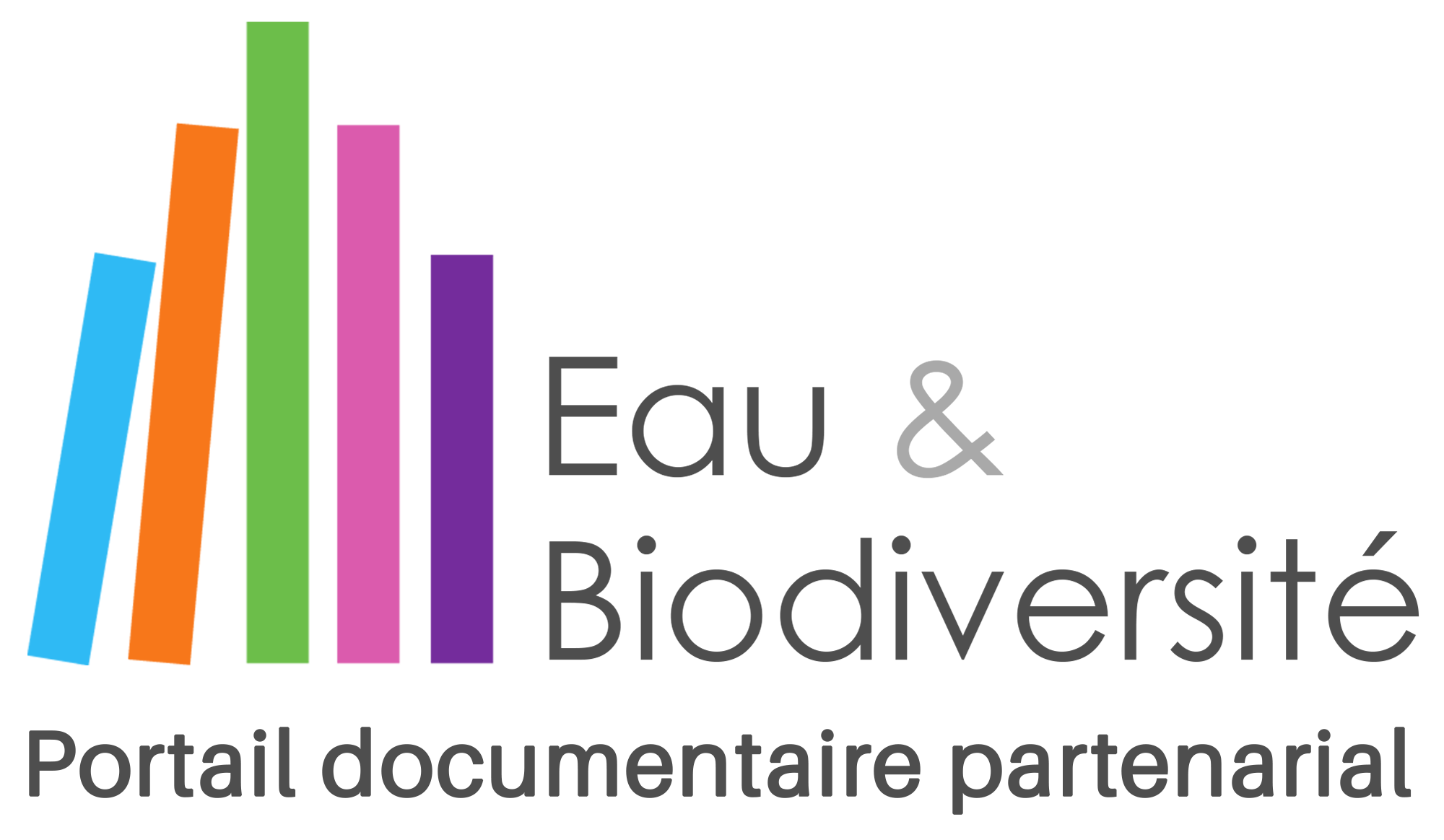
Document généré le 07/02/2026 depuis l'adresse: https://www.documentation.eauetbiodiversite.fr/fr/notice/contamination-de-moules-mytilus-sp-en-milieu-marin-par-des-substances-pharmaceutiques-et-produits-de-soin
Contamination de moules (Mytilus sp.) en milieu marin par des substances pharmaceutiques et produits de soin
Titre alternatif
Producteur
Contributeur(s)
Éditeur(s)
Université Montpellier 1
Identifiant documentaire
9-12259
Identifiant OAI
oai:archimer.ifremer.fr:12259
Auteur(s):
Bachelot, Morgane
Mots clés
Benzodiazépines
filtres UV
médicaments
moules
contamination marine
surveillance des eaux côtières
benzodiazepine
UV filters
pharmaceuticals
mussels
marine contamination
coastal water monitoring
Date de publication
08/07/2010
Date de création
Date de modification
Date d'acceptation du document
Date de dépôt légal
Langue
fre
Thème
Type de ressource
Source
Droits de réutilisation
The Author, Université Montpellier 1
Région
Département
Commune
Description
Pharmaceutical and personal care products used for human health protection are detected in all aquatic ecosystems. Among them, some compounds have physico-chemical or pharmacological caracteristics that suggest a bioaccumulation capability. It’s the case of the UV filters, EHMC and OC, with log Kow higher than 5 or pharmaceuticals like diazepam and tetrazepam, with log Kow higher than 2.82. The aim of these Phd works was to assess marine mussels contamination for UV filters and benzodiazepines. So, a new analytical method was developed and validated for the determination of these compounds in mussels. EHMC and OC analysis realized in mussels sampled in french coastal waters showed that mainly contamination came from recreational activities in summer season, and that semi-closed areas were more contaminated. Moreover, laboratory experiments showed that mussels had clearly not bioaccumulate these 2 UV filters. Contamination levels in mussels are controlled by water concentrations. Conversely, benzodiazepines were not detected in coastal mussels. However, laboratory experiments showed an accumulation of benzodiazepines in mussels, suggesting elimination and metabolization means. Mussels are nevertheless usefull bioindicators of marine contamination by emerging compounds, allowing to characterize higher risk areas or periods.
Accès aux documents
0
Consultations
0
Téléchargements

